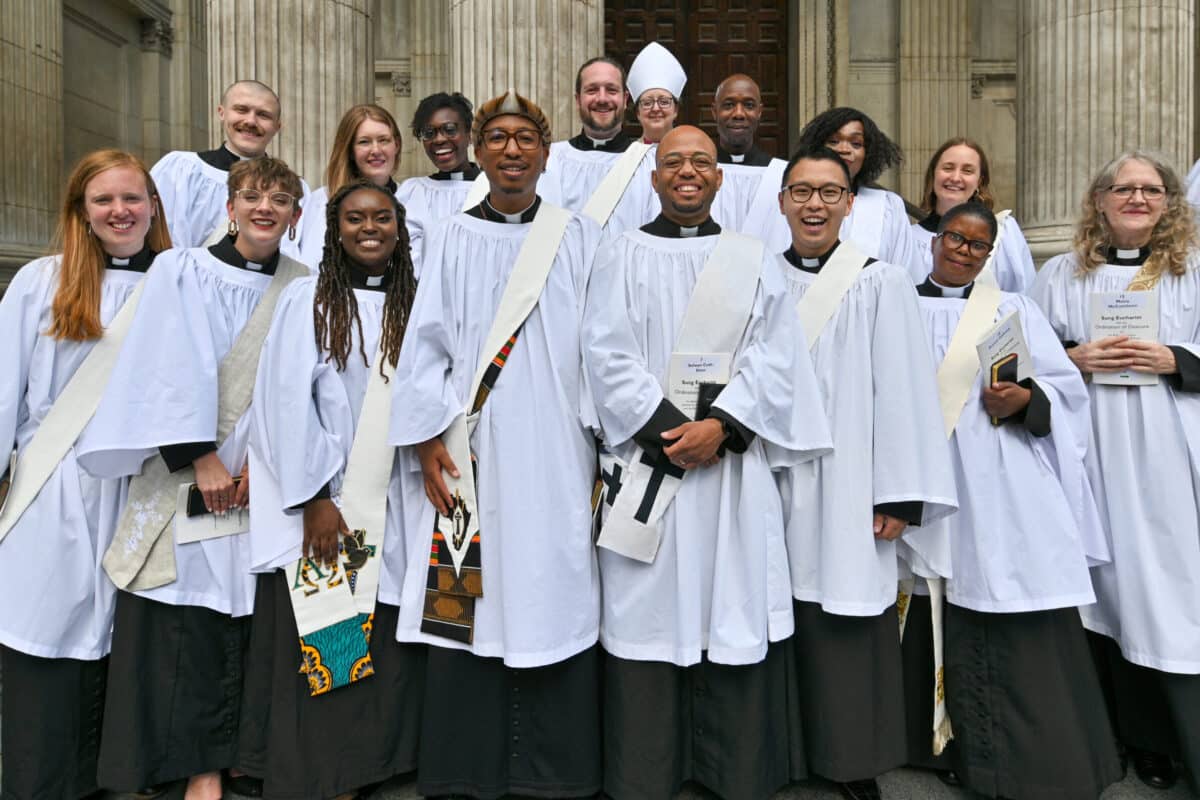Clergy Guides

- Clergy & LLM Support
- Clergy Guides
- New in post – induction
- Life events
- Baptism guidelines
- Funeral guidelines
- Confirmation guidelines
- Communion guidelines
- Weddings and marriage guidelines
- Working well with others
- Clergy Housing
- Clergy HR
- Stipend scales, removal grants and fees
- Parental leave
- Clergy terms of service
- Retirement resources
- Grants and Expenses
- Clergy Training and Development
- Area Directors of Ministry
- Continuing Ministerial Development
- Ministerial Development Review
- Episcopal Review
- IME2
- Clergy Wellbeing
- Clergy Assistance Programme
- Clergy household support
- Diocesan support of clergy wellbeing
- Managing conflict
- Practical steps and resources
- Sabbaticals and study leave
- The theology of clergy wellbeing
- Licensed Lay Ministry
- Living in Love and Faith
- Parish Practicalities
- Archdeacons parochial visitation
- Vacancy in a Benefice
- Visiting clergy - checks on visiting preachers
- Safeguarding